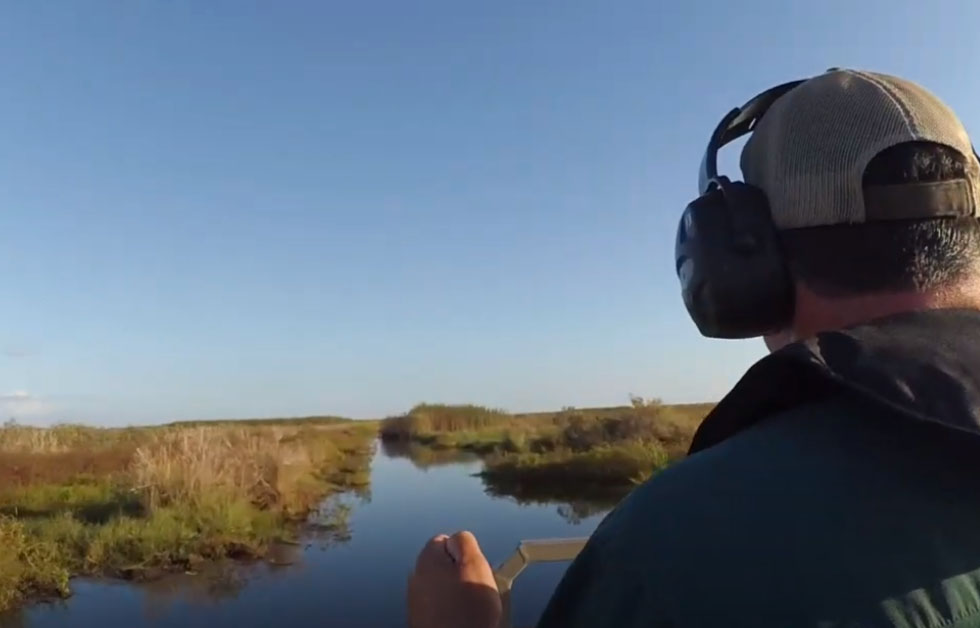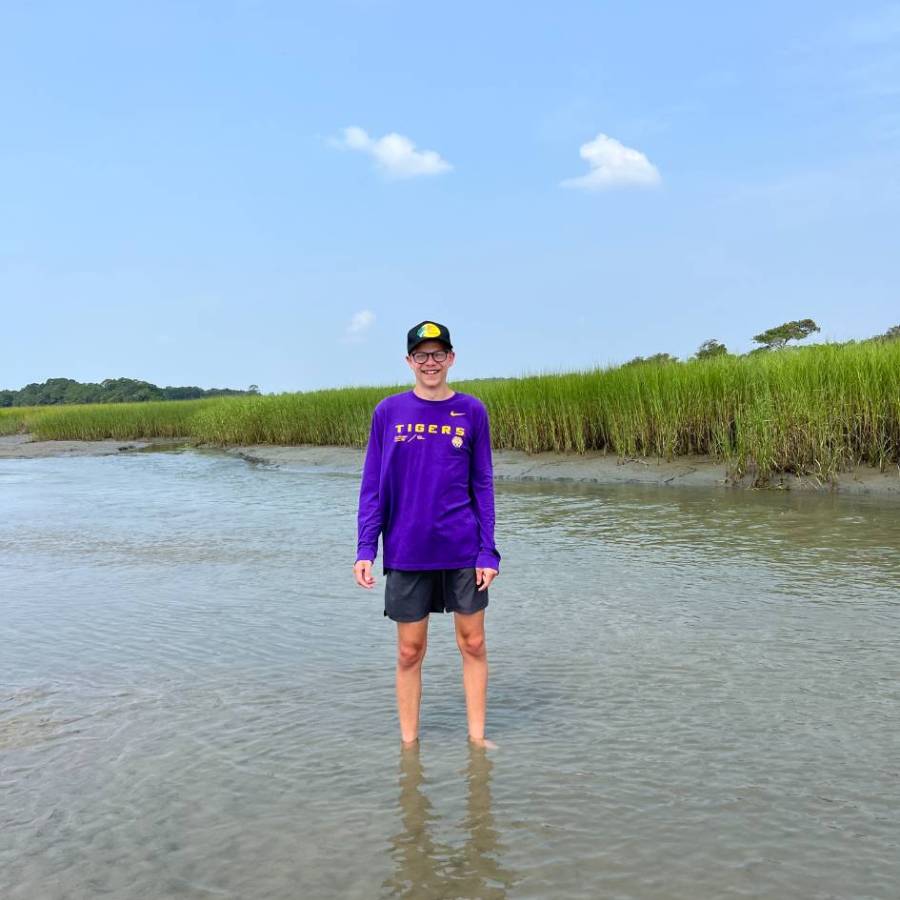Committed to Coastal
Resilience
Located steps from the banks of the Mississippi River and mere miles from the largest amount of coastal land loss in the continental U.S., LSU is at the forefront of coastal resilience and other environmental challenges. In addition to the disruption of lives and destruction of homes, LSU economists found in a recent study that land loss poses a direct risk to as much as $3.6 billion in homes, businesses, and other infrastructure in Louisiana that support $7.6 billion in statewide economic activity each year.
The critical work we do begins in our classrooms and laboratories and extends to people living and working in coastal zones worldwide.
Learn With Us
LSU is home to more than 250 faculty members dedicated to coastal research: the largest group of experts focused on coastal resilience and environmental science in Louisiana.
- College of the Coast & Environment works at the intersection of complex coastal and environmental challenges. CC&E conducts world-class research on all continents and educates tomorrow’s coastal and environmental leaders. Our discoveries help to improve the ecosystems that support lives and livelihoods in the Mississippi River Delta and coasts and deltas around the world. Our graduates help to preserve, protect, and sustain the coastal environment for future generations.
- Coastal Studies Institute is an interdisciplinary organization established to foster collaborative coastal science and engineering research in coastal settings, with over 20 leading faculty and more students spanning five departments in five colleges and schools at LSU.
- Center for River Studies conducts research on the world’s major rivers with a specific focus on the Mississippi River. We train the next generation of engineers, geologists, and river experts. It houses one of the world's largest movable bed physical models—the Lower Mississippi River Physical Model.
- Coastal Ecosystem Design Studio is where scientists, engineers, and designers come together to intensively study and respond to issues of settlement, coastal resilience, flood protection, and the economy. The Studio is a laboratory where new strategies that reduce risk to social, economic, and natural resources are developed. The results of this design experimentation provide a sound basis for major policy decisions for adaptation through more sustainable land-use planning, protection, and education. Engineers focused on the advancement and application of computational hydrodynamic and hydrologic models that include overland flow, river discharge, tides, wind-waves, and hurricane storm surge are an integral part of the Studio and develop advanced systems-based models for the assessment of effects of climate change and associated sea level rise, oil transport and fate, and the Gulf of Mexico dead zone.
- Louisiana Sea Grant College Program is based at LSU and part of the National Sea Grant Program, a network made up of 34 programs located in each of the coastal and Great Lakes states and Puerto Rico. Sea Grant programs work individually and in partnership to address major marine and coastal resilience challenges.
- School of Renewable Natural Resources improves the management of renewable resources, protects biodiversity, and promotes the conservation of wildlife and their environment, directly impacting coastal health and restoration. Our research, teaching, and outreach programs accentuate the Gulf Coast region's unique forest, wetland, wildlife and fisheries resources, including the Coastal Plain and Lower Mississippi River Alluvial Valley.
- Department of Civil and Environmental Engineering is recognized in the state, nationally and worldwide for excellence in engineering education, fundamental and applied research, and leadership in professional and public service. The department aims to conduct research to improve quality of life with a specific focus on resilient and sustainable natural and built infrastructure and concern for the impact on our natural environmental systems.
The LSU System is training tomorrow's leaders in coastal resilience through a variety of academic programs and courses for undergraduate and graduate students.
From preserving ways of life to protecting vulnerable communities and developing new ways to restore and sustain coastal ecosystems, we are committed to the coast and coastal resilience.
More than half the state’s population lives in the coastal zone and is exposed to storms and flooding. The Gulf of Mexico is 10 miles closer to more cities now than it was in 1932, so the work we do here is vital to our future.
As a national Sea Grant university, LSU is home to more than 250 faculty members dedicated to coastal research: the largest group of experts focused on coastal and environmental science in Louisiana.
We are creating solutions to pressing problems experienced by Louisianans today, with a focus on hurricanes, flooding, coastal land loss, ocean health, fisheries, coastal restoration, and sea-level rise. Our renowned expertise is used to create roadmaps for the successful navigation of these challenges.
Coastal Research in Action
In 2025, LSU researchers took on Louisiana’s most urgent challenges—and pushed the boundaries of discovery far beyond our state’s borders, delivering bold solutions rooted in ingenuity, collaboration, and a deep commitment to improving lives.
Cases of Vibrio vulnificus bacterial infection are on the rise, especially in Louisiana and Florida. LSU researchers have now published new forecasting models in the journal Water Research that reveal what is driving surging Vibrio vulnificus infections.
Zuo “George” Xue, a professor in the LSU College of the Coast & Environment, reflects on the future of flood forecasting and innovations in how we protect our coastal communities in the face of intensifying storms.
#1
LSU is the #1 in the nation in published, peer-reviewed research papers on wetlands and marshes.
Six
Six faculty members in the LSU College of the Coast & Environment have earned the National Wetlands Award. No other university has received more than one such award.
70 years
LSU pioneered the first comprehensive study of Louisiana's coast 70 years ago.
Coastal Academic Programs
LSU has a variety of academic programs and courses for undergraduate and graduate students interested in coastal resilience and coastal research-related fields.








